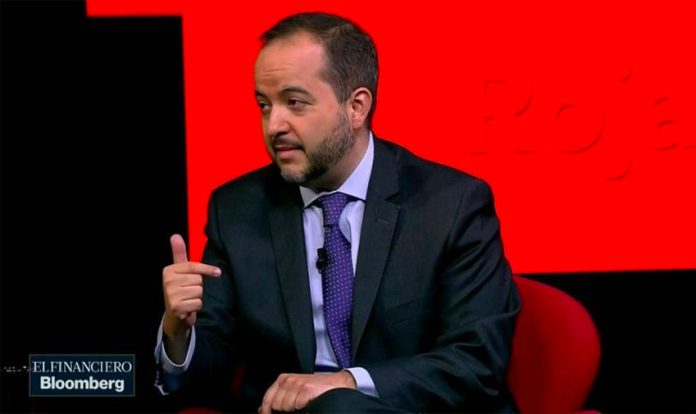The recent violence in Culiacán, Sinaloa, has revealed that President López Obrador’s strategy to bolster social programs is inadequate to combat Mexico’s high crime levels, according to a former national security spokesman and interior secretary in the government of Felipe Calderón.
“The lesson to be learned [from Culiacán] is that maybe this idea of social programs — yes, they can help some at-risk populations — but they don’t really get at the criminal cells, the youths being captured and threatened by criminals,” said Alejandro Poiré in an interview with the newspaper El Financiero.
“It’s not enough; this strategy isn’t sufficiently focused, and we have to make a much bigger investment in reconstructing the rule of law, and this administration can do it because it has the majority in both houses of Congress,” said Poiré, now dean of the Monterrey Technological Institute’s School of Social Sciences and Government.
Meanwhile, citizens of Culiacán gathered on Sunday for a peaceful demonstration called “Brave Culiacán” in response to the violent confrontation between the Sinaloa Cartel and government forces on October 17, by which they aimed to show that their city is one of peace and order.
Mayor Jesús Estrada Ferreiro appealed to the public on Saturday to turn out and show solidarity at Sunday’s march.
“All citizens are called to the ‘Brave Culiacán’ march . . . let’s show that Culiacán is a city of peace, a city of order,” he said in a video posted on Facebook.
Violent clashes broke out in Culiacán on October 17 when government forces arrested Olvidio Guzmán, son of former Sinaloa Cartel leader Joaqíun “El Chapo” Guzmán. However, Guzmán the younger was released after the fighting began in order to safeguard citizens from further violence.
President López Obrador defended the decision to release Guzmán the day after the fighting, stating that “we decided that the life of human beings comes first, not violence.”
Despite the decision to protect citizens, the operation on the whole has been harshly criticized, and even the military admitted that it was poorly planned and hastily carried out.
Sources: El Financiero (sp)
